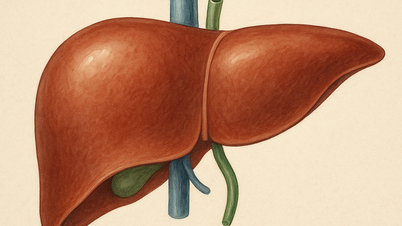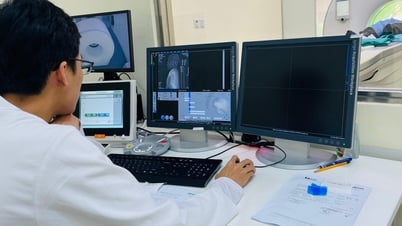To improve physical health, people need to take care of their brains, increase physical activity, and pay attention to gut health.
Experts say that weight or body mass index (BMI) is not the only way to measure health. In June 2023, the American Medical Association (AMA) declared BMI an “imperfect measure” because it does not directly assess body fat. To get a more comprehensive view of health, Dr. Barbara Bawer, a physician at the Ohio State University Wexner Medical Center, encourages people to focus on the basics, including the brain, mobility, stomach, immunity, and sleep.
Improve brain health
To boost cognitive health, Dr. Bawer recommends engaging in healthy leisure activities like puzzles and sudoku. People should eat a balanced diet, exercise regularly, drink enough water, get good sleep, and stay connected to friends, family, and the community.
Diet plays a big role in improving brain health. Experts recommend following a Mediterranean diet, which focuses on plant-based foods, whole grains, fish, and healthy fats, such as olive oil. The Mediterranean diet is lower in red meat and salt than the typical American diet.
Studies show that people who adhere closely to the Mediterranean diet are less likely to develop Alzheimer's disease. The omega fatty acids found in extra virgin olive oil and other healthy fats are essential in the Mediterranean diet, ensuring normal cell function, reducing the risk of coronary heart disease, increasing mental focus and slowing cognitive decline in older adults.
Increase physical activity
According to Dr. Bawer, a sedentary lifestyle, such as working from home and sitting in front of a computer, increases the risk of cardiovascular disease. Prolonged inactivity strains muscles and puts pressure on joints. To combat this, the doctor suggests setting an alarm every hour to remind yourself to get up, walk around, or go to the bathroom.
Experts recommend that people exercise regularly, monitor their bodies closely, and record any unusual pain they experience during physical activity. According to Melanie Avalon, a health expert at the National Institute of Nutrition, exercise creates a form of stress that is beneficial to health, helps maintain homeostasis, and stimulates cellular responses to health and longevity.
“Exercise has benefits for hormones, increasing the number of mitochondria (which act as the body's energy-producing machines),” says Avalon.

A woman practicing yoga. Photo: Freepik
Stomach and intestinal health care
Dr Bawer says unexplained weight loss can be a sign of cancer. Unexplained weight gain can mean you’re eating more unhealthy foods and leading a sedentary lifestyle.
According to experts, not having regular bowel movements can be due to low intestinal motility, lack of activity, poor diet or low water intake, leading to intestinal infections.
"Indigestion is a sign of gastroesophageal reflux disease or esophagitis," notes Dr. Bawer.
Other potential triggers include food intolerances or sensitivities, gastric dysfunction, or gastrointestinal diseases.
To improve stomach and intestinal health, experts recommend eating more vegetables, beans, fruits, fermented foods, and avoiding artificial sweeteners. Foods that provide polyphenols, which support the digestive system in general, include red wine, grape skins, cocoa, dark chocolate, onions, blueberries, almonds, green tea, and broccoli.
Thuc Linh (According to NY Post )
Source link



![[Photo] General Secretary concludes visit to Azerbaijan, departs for visit to Russian Federation](https://vphoto.vietnam.vn/thumb/1200x675/vietnam/resource/IMAGE/2025/5/8/7a135ad280314b66917ad278ce0e26fa)
![[Photo] Prime Minister Pham Minh Chinh meets with the Policy Advisory Council on Private Economic Development](https://vphoto.vietnam.vn/thumb/1200x675/vietnam/resource/IMAGE/2025/5/8/387da60b85cc489ab2aed8442fc3b14a)
![[Photo] National Assembly Chairman Tran Thanh Man chairs the meeting of the Subcommittee on Documents of the First National Assembly Party Congress](https://vphoto.vietnam.vn/thumb/1200x675/vietnam/resource/IMAGE/2025/5/8/72b19a73d94a4affab411fd8c87f4f8d)
![[Photo] President Luong Cuong presents the decision to appoint Deputy Head of the Office of the President](https://vphoto.vietnam.vn/thumb/1200x675/vietnam/resource/IMAGE/2025/5/8/501f8ee192f3476ab9f7579c57b423ad)


























































![[Photo] Prime Minister Pham Minh Chinh talks on the phone with Singaporean Prime Minister Lawrence Wong](https://vphoto.vietnam.vn/thumb/402x226/vietnam/resource/IMAGE/2025/5/8/e2eab082d9bc4fc4a360b28fa0ab94de)































Comment (0)